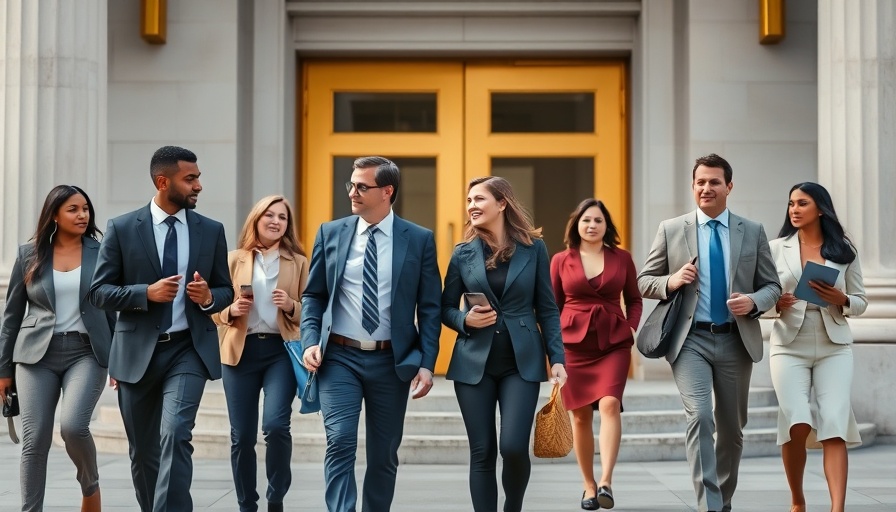
The Case of Yunseo Chung: A Legal Milestone for Protest Rights
A recent ruling in New York has sparked conversations around protest rights and immigration laws, centering on Yunseo Chung, a 21-year-old Korean American student at Columbia University. The U.S. District Court judge determined that Chung, a legal permanent resident who has been involved in pro-Palestinian demonstrations, cannot be detained by federal immigration officials while she contests her deportation. This case not only highlights individual rights associated with lawful residency but also draws attention to broader implications regarding freedom of expression in an increasingly polarized climate.
The Background: Charges Against Protesters
Yunseo Chung has lived in the U.S. since she was seven years old and is currently fighting the Trump administration over its efforts to revoke her lawful permanent resident status. The threats against Chung and other protesters have prompted concerns, especially amid heightened accusations of antisemitism and support for Hamas directed at pro-Palestinian groups. These accusations have led many activists, including some from Jewish communities, to voice their opposition to the conflation of political protest with extremism.
A Broader Context: The Impact of Political Climate on Immigration
The political environment in the U.S. has seen a notable shift in the treatment of immigrant communities, particularly those involved in activism. The Trump administration's stance has often blurred the lines between lawful political demonstration and national security threats. As seen in Chung’s case, such actions against demonstrators highlight a precarious intersection of immigration policy and civil liberties. Many observers are concerned that current policies could be paving the way for more systematic suppressions of dissent under the guise of national security.
The Emotional Toll: Reparative Action or Fear?
For many like Chung, the situation is fraught with emotional weight. The fear of deportation looms large, not only for activists but for their communities at large. Protesters involved in movements advocating for various rights often experience a profound sense of anxiety over their immigration status. The ruling may bring temporary relief, yet it raises the question: how many others are suffering similar fates but remain unheard? The need for community support and solidarity among peers becomes essential during such turbulent times.
Legal and Social Implications: What Lies Ahead?
As the legal battle unfolds, Chung’s case represents much more than one individual’s fight against deportation. It signifies a pivotal moment for immigration and civil rights advocates. The ruling emphasizes the importance of judicial oversight in safeguarding the rights of lawful residents, especially those engaged in activism. It compels policymakers and citizens alike to reflect on the implications of immigration enforcement practices in the context of freedom of speech and association.
Conclusion: Call for Awareness and Action
Yunseo Chung’s ongoing battle resonates with numerous individuals facing deportation based on their political beliefs. As public discourse around immigration and protest rights evolves, it is crucial for the community to foster understanding and support for those like Chung who stand at this challenging juncture. Being informed and supportive might just empower more individuals to take action without fear of unjust reprisal. To learn more about immigration rights and to encourage support for activists, stay engaged and advocate for balanced immigration policies that respect civil liberties.
 Add Row
Add Row  Add
Add 



Write A Comment